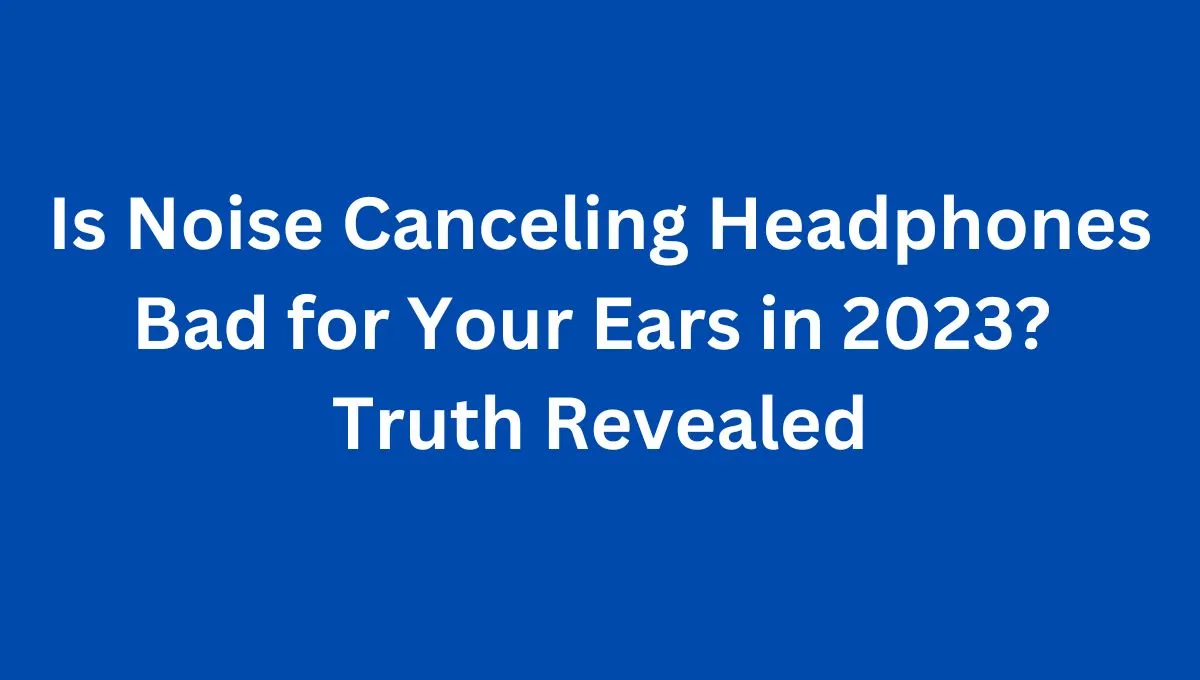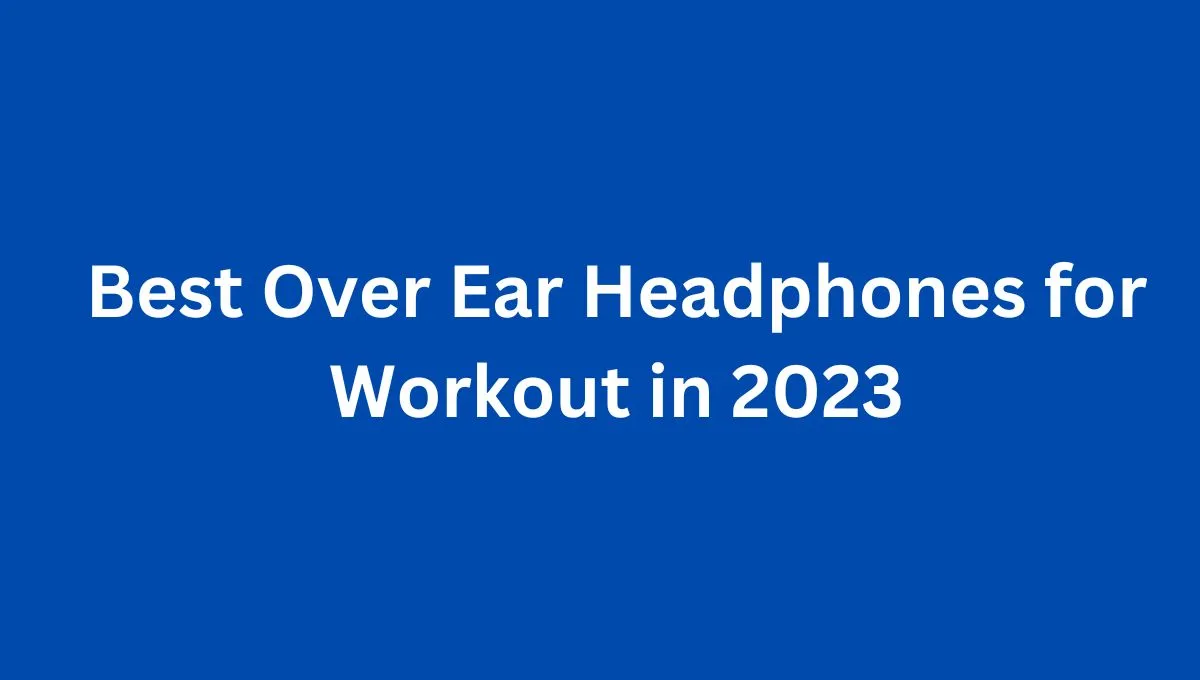Today my discussion will be about “Is noise canceling headphones bad for your ears”?
Let us think you are on a subway and wanna hear some pure audio music. Really, but you got a busy environment with traffic noises. So, you have got noise cancelling headphones.
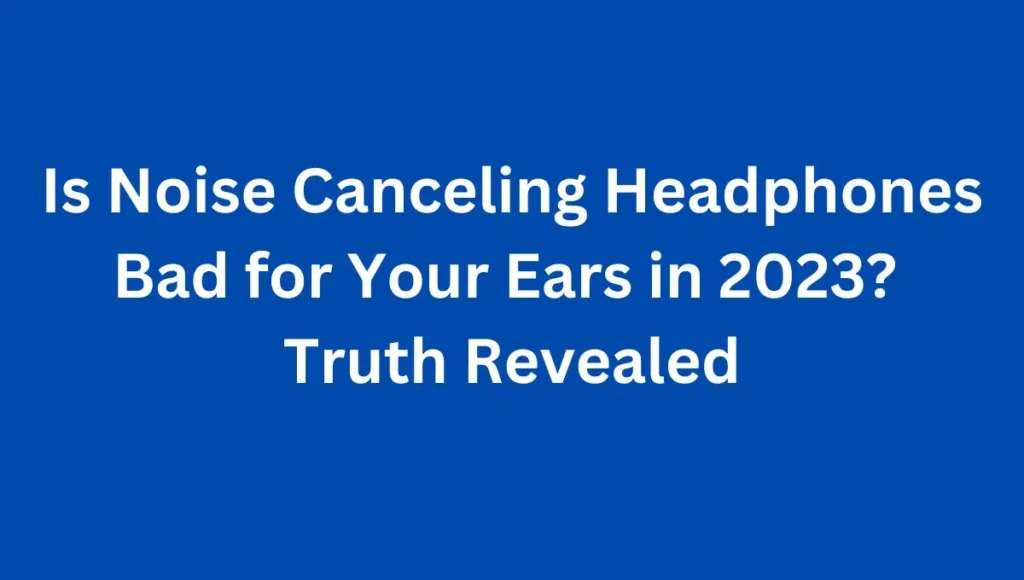
You enjoy the music in a calm and steady atmosphere. Life is so good.
How does Noise Canceling Headphones Affect your ears?
There are adverse effects reported associated with more extended usage of noise cancellation. With these reports, now it is in question buying noise canceling headphones. But is it scientifically proven? Is there enough proof? Let’s find out.
“I think you would be doing your kids (and their hearing) a favor by giving them noise canceling headphones.”
Process of Noise Cancelation
Do you know how noise cancellation works? Before everything, let is get a small brief about that. There are two types of noise canceling. They are active noise cancellation and passive noise cancellation.
Magic with the passive noise canceling is they prevent the input of background noises by sealing off the ear. It is physical and pretty touchable.
But the active noise canceling works differently. ANC produces an opposing frequency that helps to cut out the ambient noise.
What is Meant by Passive Noise Cancelation?
Passive noise cancellation is the most dominant type of noise cancelation you can see in the headphones market.
What is Meant by Active Noise Cancelation?
Passive noise cancellation technically does the job by physically soundproofing your ears by forming a solid seal over your ear, closing the two ends of the sound pathway.
ANC has more advanced technology that electronically controls the outer sound to cancel it.
ANC system technically observes a sound profile of the current environment producing a reverse soundwave.
Is Noise Canceling Headphones Bad for your Ears?
Let us look at some of the facts. The origin of the ANC involves the pilots. It is basically designed for the heading protection of the pilots against the huge sound of the airplane’s engine. This dramatically reduces hearing loss and noise-related stress.
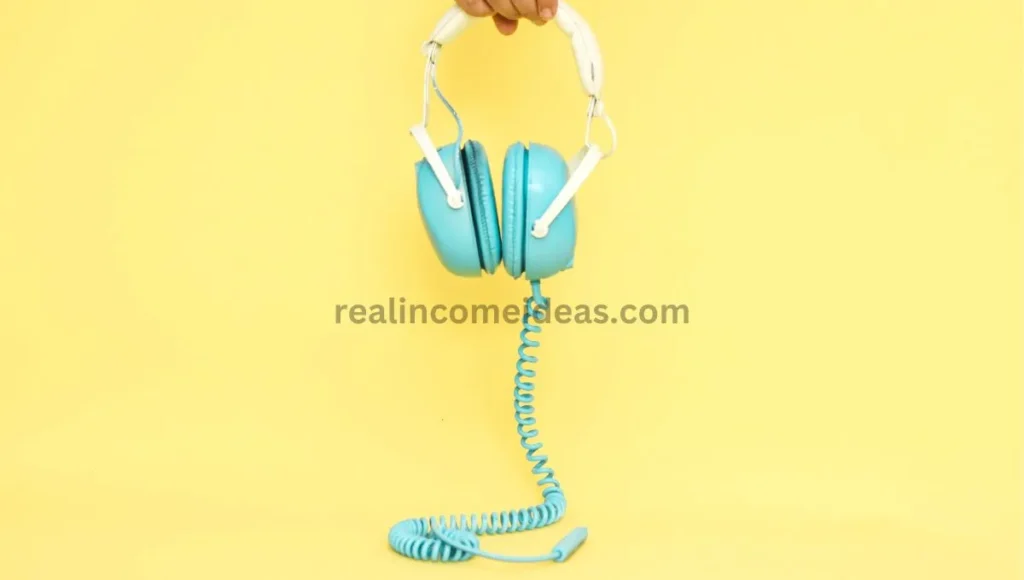
So the ANC keeps cutting off the external noises resulting in a clear atmosphere for the listening person. So he can keep the volume the same for better hearing.
Therefore reducing the damage to the ear occurring from the high volume of the headphone.
This is good for people with sensitive ears and kids who are more likely to get their ears damaged.
There are noise canceling headphones that provide additional hearing protections that are specially made for children.
But it would help if you were careful when choosing a good ANC headphone. Some are also cutting out voices.
Have you ever heard of noise-related stress? Noise-related stress can interrupt concentration and cause blood pressure, migraine, and ulcers. Noise-canceling headphones can drastically reduce stress and keep your mental health good.
If you are having a small ears and only need a good paid of headphones you should check out our Headphones for Small Ears guide
Common Complaints of Noise Canceling Headphones
Even though there is no direct bad effect of noise cancellation, there are some bad experiences and complaints shared by users.
There will be more pressure on ears.
The most popular complaint is these ANC headphones responsible for jaw pain. Dizziness, headache, and also ear pressure.
It is also because of the fake idea your brain gets that you are about to take off the ground in an airplane.
Brain thinks you are about to fly just because the ANC cuts out the low-frequency sounds. This resulted in headaches and ear pressure feeling.
Some people don’t feel like this and are well-adapted to active noise canceling headphones. Some people feel this just after a few hours of using headphones.
It depends on the person. There is no cure for this condition. If you are a frequent traveler who is annoyed by airplane surrounding noise.
Tinnitus
Tinnitus can be explained as a ringing or buzzing sound inside the ear.
Many active noise canceling headphones users complained that they were experiencing tinnitus while using active noise canceling headphones. But still, there is no scientific reason for this. They may be more likely to hear these buzzing sounds because of the absence of the surrounding sound.
But it is highly recommended to use active noise canceling for tinnitus people to prevent future tinnitus phases. This is because the active noise canceling headphones prevent the urge to increase the volume in a busy and noisy environment.
Do you need to use Noise Cancelling Headphones every day?
If you are living in a very noisy and busy environment the noise cancelling headphones will be your savior. Cities like New York, Tokyo, and Shanghai are very busy and you wouldn’t have your peace without these noise cancelling technologies for sure.
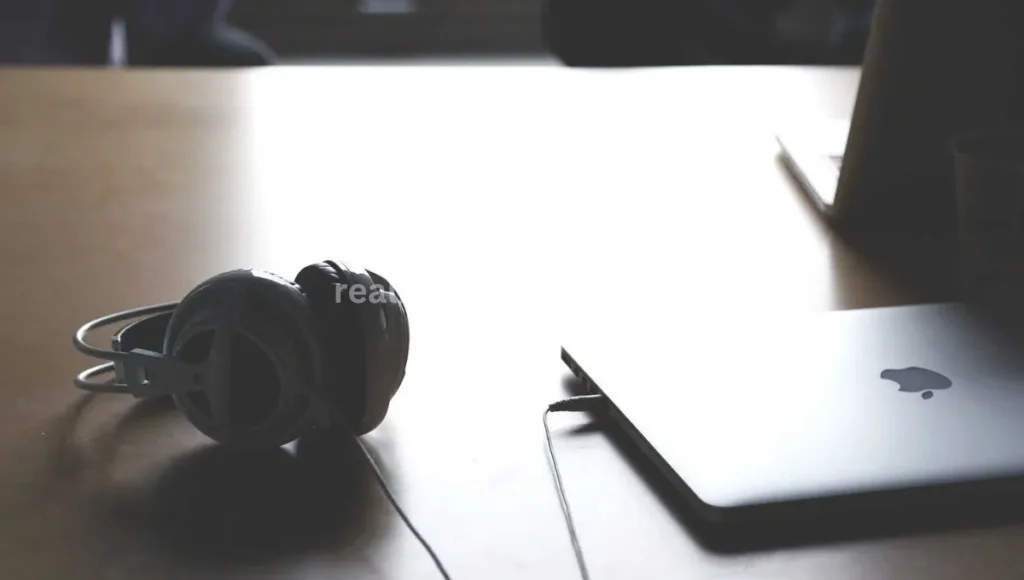
But if you are not get along well enough with active noise canceling, it is recommended you to wear headphones with passive noise canceling. I would like to suggested light weighted Noise canceling Earbuds for Children and Sensitive Ears.
Disadvantages of Noise Canceling Headphones
The main cons of Noise Cancelling is you are distracted from your environment. So have to have the presence of mind all the time cause this can affect social disconnections, misunderstanding and also can cause accidents.
Conclusion
Noise cancellation has many positive health effects on your ears. But if you are experiencing any harmful effects from ANC, you can switch to a PNC headphone. After all its your ears and hearing that matter the most.
There is no risk for your health involved with noise cancelling headphones. The noise cancelling technology is safe for hearing and there is no need to worry about any possible radiation, because there is none.
Noise cancelling headphones actually to a great deal with protecting your hearing from the surrounding noisy environment.
They help remove the noise and improve your listening experience. All you need to pay attention to is the volume level on your headphones.
The higher the volume the bigger the risk of damaging your hearing. Now you can go and enjoy your noise cancelling headphones in peace and quiet.
And remember to keep the noise level not higher than a casual conversation of 60 decibels. You will thank yourself for that one.
